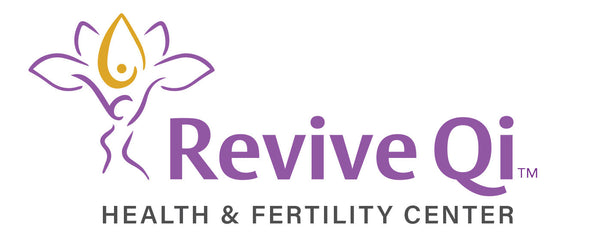December is Seasonal Depression Awareness Month
Seasonal depression is a mood disorder that happens every year at the same time during the fall or winter and usually ends by spring. It is also known as seasonal affective disorder (SAD). SAD may affect 11 million people in the U.S. each year, and 25 million more may have a milder form called the winter blues. Although SAD affects the colder climate regions, in Southern California as other regions, seasonal depression is still a reality.
Symptoms include the following:
- A persistent low mood or depressed feeling
- Feeling sleepy during the day and having a lack of energy
- Sleeping for longer than normal and finding it hard to get up in the morning
- Irritability
- Loss of interest in normal everyday activities
- Craving carbohydrates and putting on weight
- Feeling indecisive
- Loss of libido
- Feeling anxious
- Feeling less sociable
SAD usually starts in young adulthood and is more common in women than men.
Effective ways of treating SAD include counseling with a trained professional, exercise and a healthy diet, and getting more sunlight during the darker fall and winter seasons. Counseling helps increase reflection and allows people to see what may be adding to the stress or the sadness or if there are other factors that might be contributing. Getting extra sun helps serve as a form of light therapy and if sunlight is not available, there are devices called light boxes that give off simulated light and help assist with gaining vitamin D which can help regulate melatonin levels to prevent excessive sleeping. Exercise helps release endorphins, which are our “feel good” neuro-chemicals. Foods with vitamin D such as egg yolks, fatty fish, cheese and mushrooms also help to release endorphins.
Acupuncture can also be an effective treatment for SAD. Acupuncture is the practice of inserting needles into pressure points along nerve pathways in the body. It is often used to treat depression and anxiety – which are two symptoms of SAD. Acupuncture helps to restore the body’s mental and physical well being and rid any imbalance. In the case of SAD, acupuncture helps to increase the serotonin levels in your body, which in turn helps to elevate your mood and restore your overall health.
According to the British Acupuncture Council, research has shown that the treatment of acupuncture may ‘specifically benefit anxiety disorders and symptoms of anxiety by promoting relaxation and deactivating the ‘analytical’ brain, which is responsible for anxiety and worry (Hui 2010).
Balancing a range of feel-good hormones such as serotonin and dopamine to alter the brain’s mood (Lee 2009; Samuels 2008; Zhou 2008; Yuan 2007). As well as reversing stress-induced changes in behavior and biochemistry (Kim 2009).

